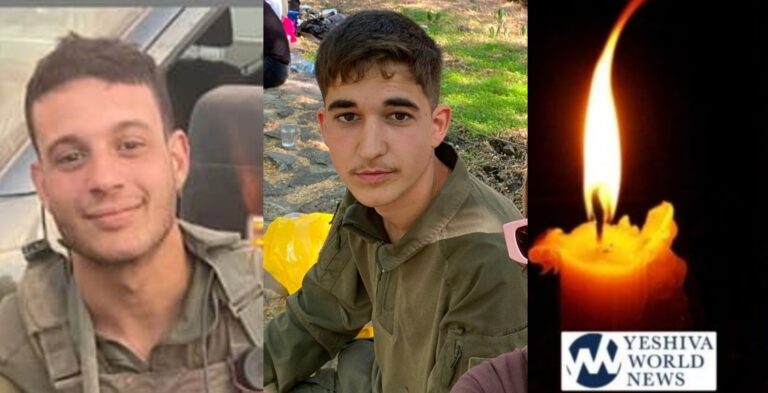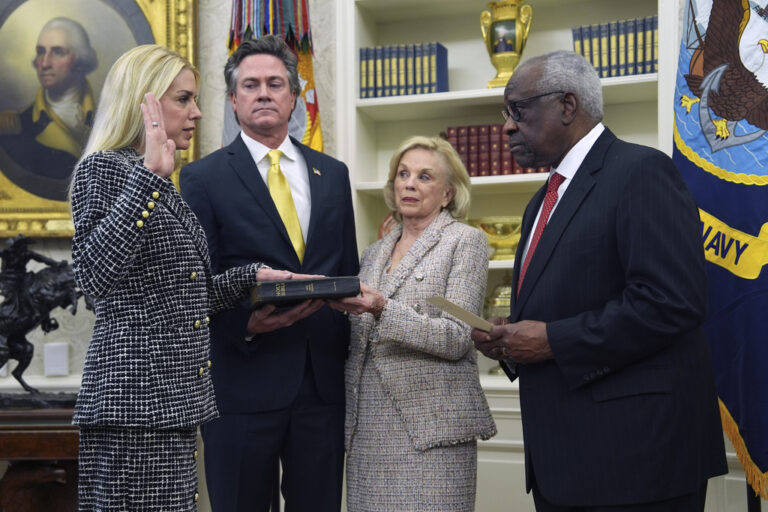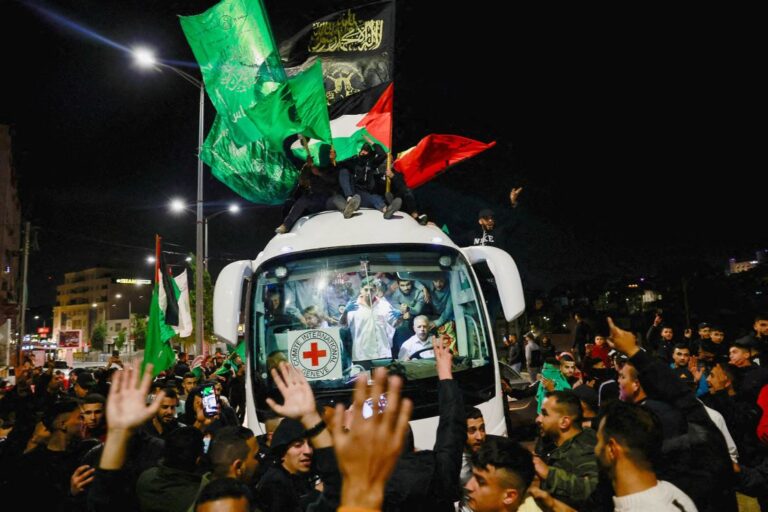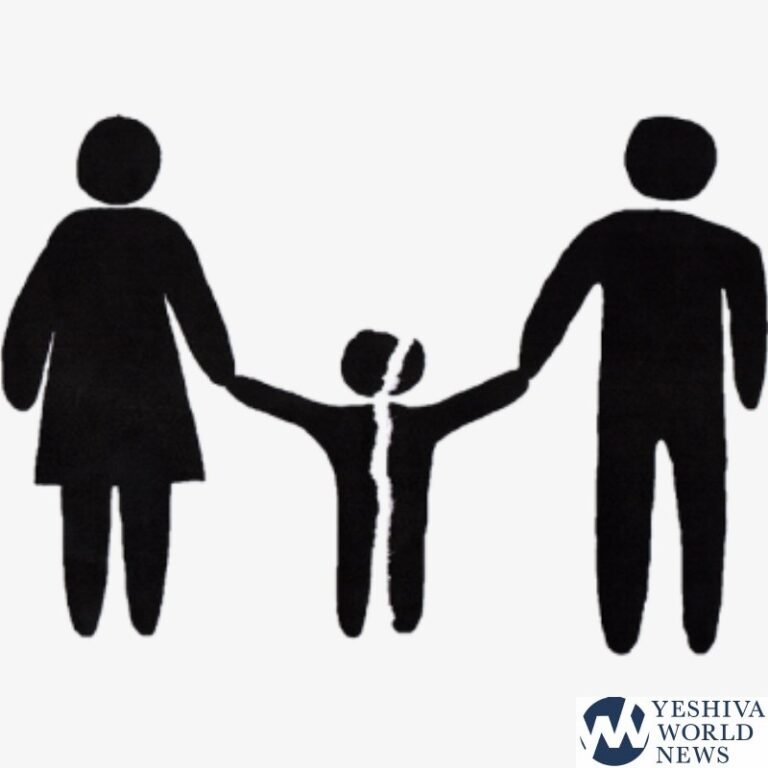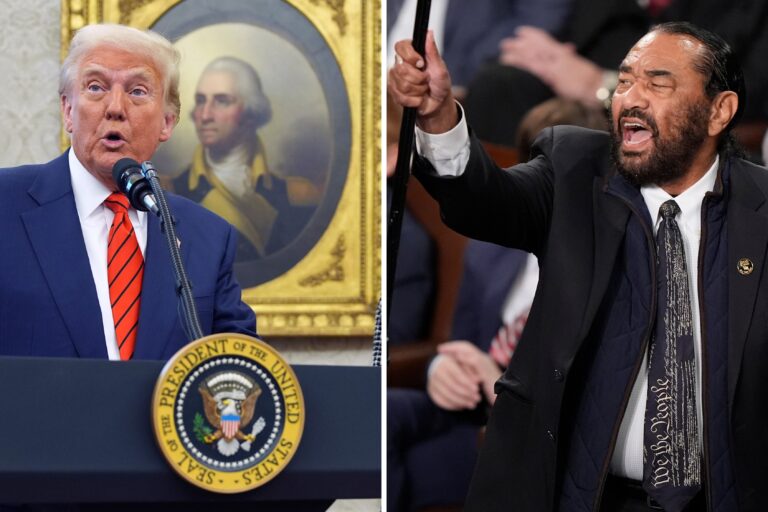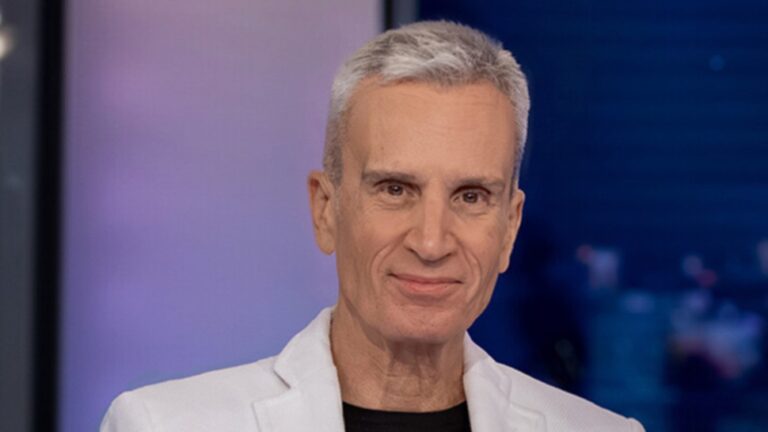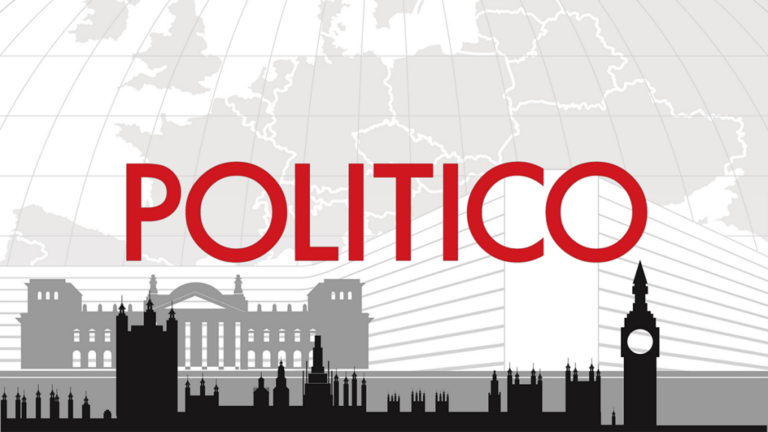 Lawyers for Boston Marathon bombing suspect Dzhokhar Tsarnaev renewed their accusations Tuesday that prosecutors are withholding evidence they need to defend their client against a potential death penalty.
Lawyers for Boston Marathon bombing suspect Dzhokhar Tsarnaev renewed their accusations Tuesday that prosecutors are withholding evidence they need to defend their client against a potential death penalty.
Tsarnaev’s lawyers complained that prosecutors have failed to turn over several types of evidence they believe could help them argue against the death penalty, including information on a 2011 triple slaying in Waltham in which Tsarnaev’s older brother, Tamerlan, is a suspect.
Miriam Conrad, one of Tsarnaev’s lawyers, told the judge that the defense has also been frustrated by the government’s refusal to turn over the immigration files of Tsarnaev’s family and friends, information she said could also be used to argue against the death penalty.
“The government could provide it, and has not offered a single reason why it won’t,” she said.
Assistant U.S. Attorney William Weinreb countered that prosecutors have turned over “virtually all of the mitigating evidence” they have.
“We have not withheld any favorable information from them,” he said.
In court documents filed last month, prosecutors acknowledged that a friend of Tamerlan Tsarnaev told investigators that Tamerlan participated in the unsolved killings of three men who were found in a Waltham apartment with their throats slit and marijuana sprinkled over their bodies.
Dzhokhar Tsarnaev’s lawyers argued in court papers that any evidence of Tamerlan’s involvement is mitigating information that is important as they prepare to defend his brother in the marathon bombing. His lawyers haven’t said why they consider the evidence to be mitigating, but legal experts have theorized that the defense may be trying to show that Dzhokhar fell under the murderous influence of his older brother and that Tamerlan was the driving force behind the marathon bombings.
Conrad reiterated the defense request Tuesday and asked Judge George O’Toole Jr. to order prosecutors to turn over the records in the triple murder or at least review the file to see whether the information can be shared with the defense.
Federal prosecutors have said they won’t provide the records because state prosecutors are in the middle of an ongoing investigation into the killings and releasing details could jeopardize the investigation.
Authorities have alleged that the Tsarnaev brothers built and planted two pressure cooker bombs near the finish line of the April 15 marathon to retaliate against the United States for U.S. military action in Muslim countries. The explosions killed three people and injured more than 260.
Tsarnaev, his parents and siblings, ethnic Chechens from Russia, came to the United States about a decade ago and lived in Cambridge.
Tsarnaev, 20, has pleaded not guilty to a 30-count federal indictment that includes charges of using a weapon of mass destruction. Seventeen of the charges carry a possible death penalty.
Prosecutors said they are in the process of completing their written proposal to U.S. Attorney General Eric Holder, who will make the decision on whether to seek the death penalty against Tsarnaev. Holder is expected to decide by Jan. 31.
Tsarnaev’s lawyers also asked the judge to ease restrictions placed on Tsarnaev in prison, arguing that they are inhibiting their ability to defend him.
The measures, which are often used in terrorism cases, restrict a defendant’s access to the mail, the media, the telephone and visitors.
O’Toole took both defense motions under advisement and did not immediately rule.
The judge rejected a request from prosecutors to schedule Tsarnaev’s trial for next fall, saying it was too early to decide on a trial date.
The next status conference was scheduled for Feb. 12.
(AP)

